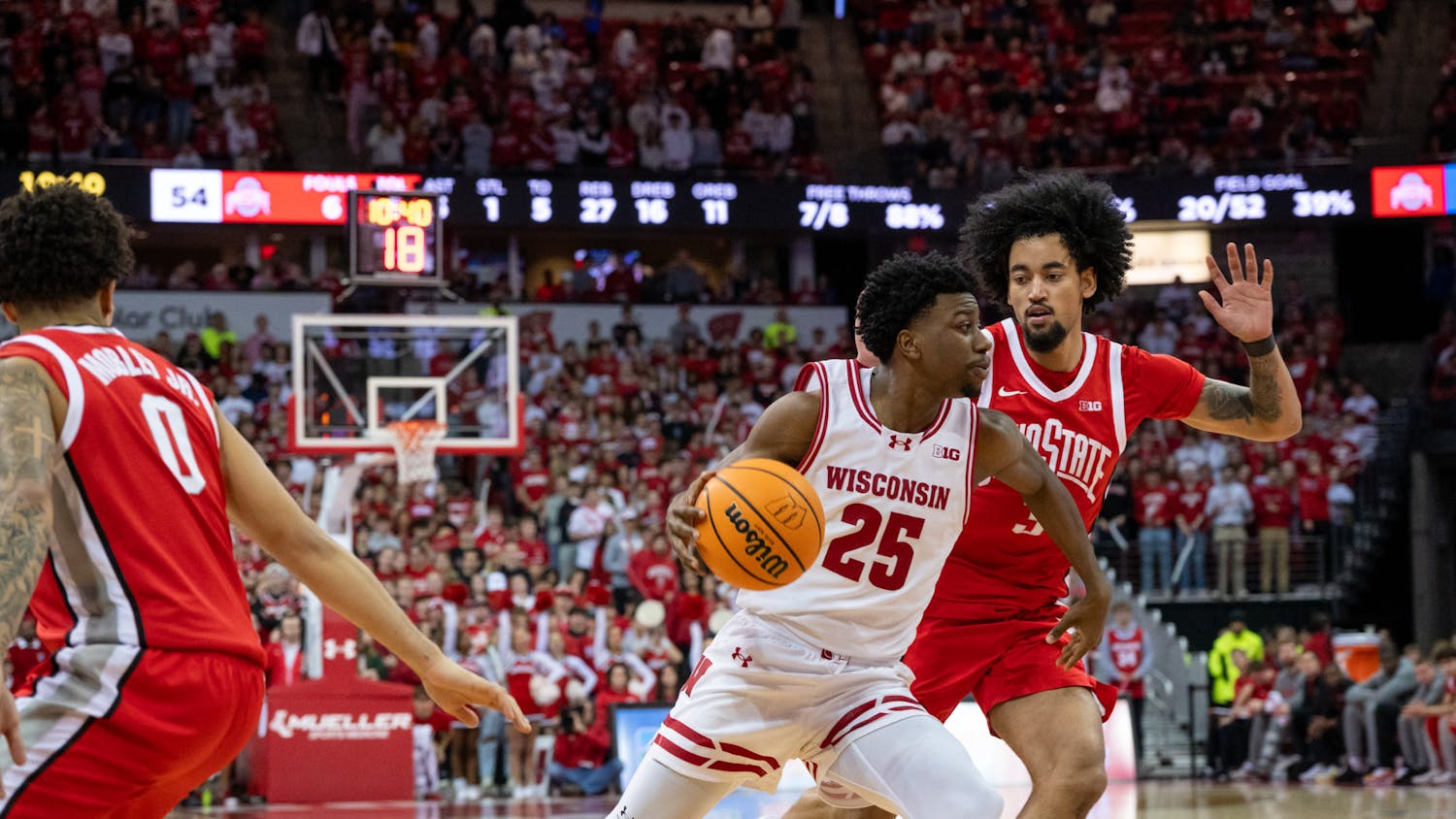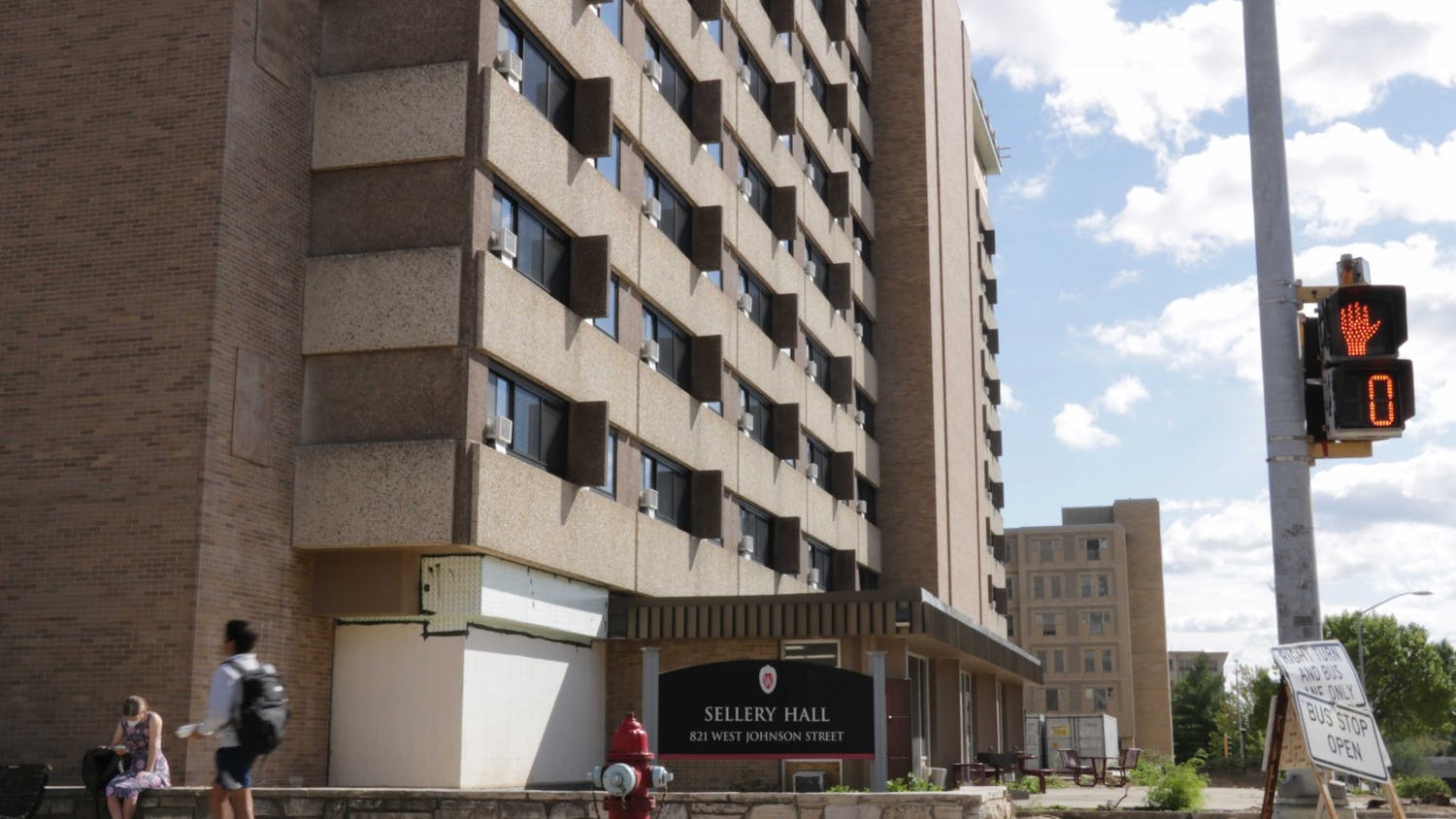As the litigation-filled Trump administration has come to an end, newly elected President Biden has followed through with some of his economic campaign promises. The American Rescue Plan, a $1.9 trillion economic relief bill, passed the Senate narrowly with a vote of 50-49. The bill includes the long-awaited stimulus payments of $1,400.
While the bill is not completely ready to be sent to Biden’s desk, it is almost certain that the Democrat-controlled House of Representatives will vote to pass the bill. However, distinguishing the many ways this type of economic relief can and cannot help this pandemic-induced recession is important, as this duality brought controversy and filibustering to the Senate floor and led on Americans who have needed this financial support for months. Democrats in the House and Senate could easily be held responsible for this delay, as their attempt at adding unpopular amendments to the bill furthered the debate over this massive relief plan.
The relief bill is primarily composed of stimulus checks, a boost to unemployment, monetary assistance for vaccine distribution and small business relief. In large part, it seems as though the bill is extremely similar to that of the CARES act, the first pandemic-related relief bill passed under President Trump in March of 2020.
While this previous bill did guarantee $1,200 stimulus checks, any taxpayer whose single filing income was between $75,000 and $99,000 would have received a smaller stimulus check. However, Biden’s relief plan cut out this staggered payment scale, as anyone who has an income over $75,000 and is an independent will be cut out of the stimulus payments. This is unfortunate for many, as an added monetary cushion for those who fall between these thresholds would have most definitely helped their economic flexibility.
For college students, this stimulus package could help many with their own expenses. With the generalization that most college students are making under $75,000, these stimulus payments may be available for many older students, as they may be classified as independent tax-payers. Unfortunately, for those that are still claimed on their parent’s tax forms, the stimulus payments are not available. For an alternative, the CARES act has provided funding for universities with economically struggling students. The Higher Education Emergency Relief Fund (HEERF) gave $14 billion in emergency relief for higher education across the country; however, the fund can only be applied for through a university student’s institution.
Aside from stimulus checks, other types of economic relief have shown to be successful. The Payroll Protection Program (PPP) was added to the CARES act to aid small businesses in keeping their employees on their payroll. Some even believe that this program might even benefit the recessionary economy more than stimulus payments, says Jonathan Rothwell, the Principal Economist at Gallup. He says that instead of giving tax payers a one-time injection into the economy, the PPP gives employers the option to keep their employees on their payroll, thus adding to their buying power in the economic market. Stimulus packages accomplish a similar goal, but the singular payments that are made make them somewhat less effective than the PPP.
Yet, the nuanced American Rescue Plan was supposed to have much more economic legislation added to the bill. In a late push to stop former President Trump from four more years as president, Biden added to his long list of campaign promises that the federal minimum wage would be raised to $15. It was then added as an amendment to the American Relief Plan, as Biden and other Democratic Party officials were attempting to add amendments to push their economic agenda.
This was later taken off the bill, as many moderate Democrats disagreed with raising the minimum wage, and thus voted against the amendment. This was an unfortunate defeat for the Biden administration, as raising the minimum wage has been a strong viewpoint for many Democrats for years, and the debate over a failed amendment that ended up wasting crucial time for Americans to get their monetary relief.
In any event, the passing of these stimulus payments through a divided Senate was a landmark for the Biden administration. This economic relief bill is extremely important for the many Americans who have lost their jobs, or are struggling to make ends meet as a result of the pandemic. Yet, it was a disappointment that this bill was extraordinarily delayed.
By attempting to add amendments such as raising the minimum wage to $15 an hour, there was an obvious push back from the Republican minority and some moderate Democrats in the Senate. While raising the minimum wage would have been an exceptional policy to legislate, adding it as an amendment to a much needed economic relief bill was not the time to do so. If the Democratic legislators would not have focused on pushing Biden’s economic agenda this way, the American people could have begun to receive the economic relief they desperately need.
Ethan is a freshman and is studying Political Science. Do you think the stimulus check has become a partisan issue? Send all comments to opinion@dailycardinal.com






